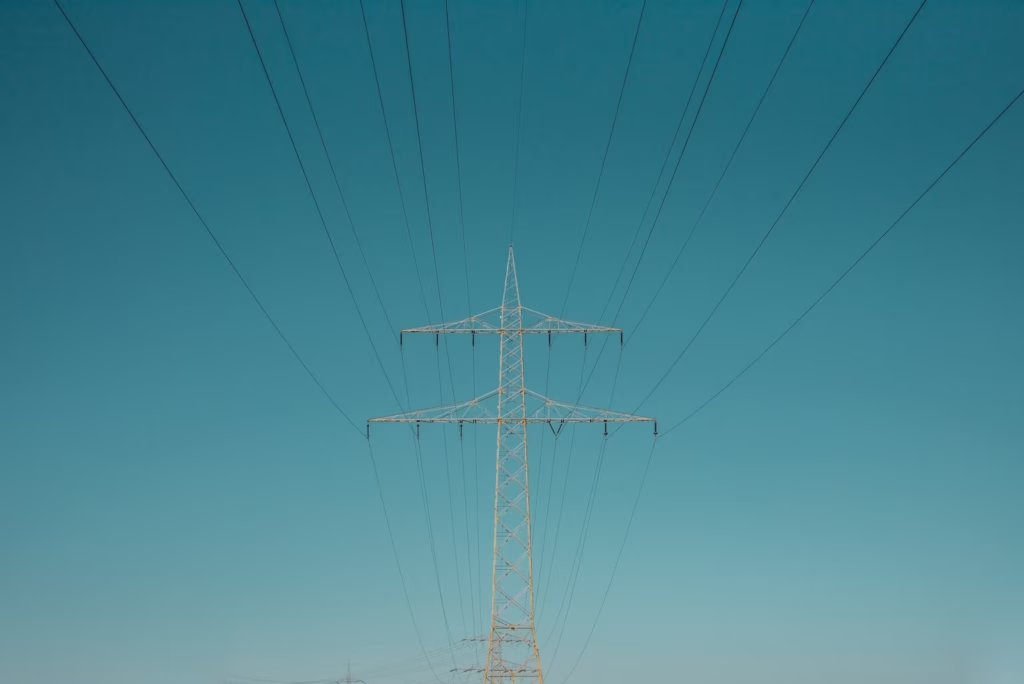Global Energy Crisis: How the Shift to Renewable Energy is Being Accelerated
Introduction:
The global energy crisis, exacerbated by geopolitical conflicts and environmental concerns, is pushing countries and companies to rethink their energy strategies.
Governments and businesses are doubling down on efforts to accelerate the transition to renewable energy sources, such as wind, solar, and hydroelectric power.
The Energy Crisis:
The ongoing energy shortages are the result of a combination of factors, including geopolitical instability (e.g., the war in Ukraine), supply chain disruptions, and the failure of traditional fossil fuel sources to meet growing global demand.
Rising prices of oil and natural gas are driving up energy costs, particularly in Europe and parts of Asia.
The Push Toward Renewables:
Governments are investing heavily in renewable energy to reduce dependence on fossil fuels.
The Paris Agreement has led to countries adopting carbon-neutral goals, prompting the shift to cleaner energy sources.
Challenges in the Energy Transition:
Infrastructure challenges: Developing renewable energy infrastructure and ensuring energy storage is a significant barrier.
Cost issues: While renewable energy technologies have become cheaper, there are still high upfront costs involved in transitioning away from fossil fuels.
How Businesses Are Responding:
Many companies are adopting sustainability goals, with tech giants like Google and Apple leading the way in sourcing renewable energy.
Green energy investments: There has been an influx of investment into solar, wind, and hydrogen-based energy projects.
Conclusion:
The global energy crisis is pushing for faster adoption of renewable energy. Though challenges remain, the transition to a greener energy future is accelerating.

